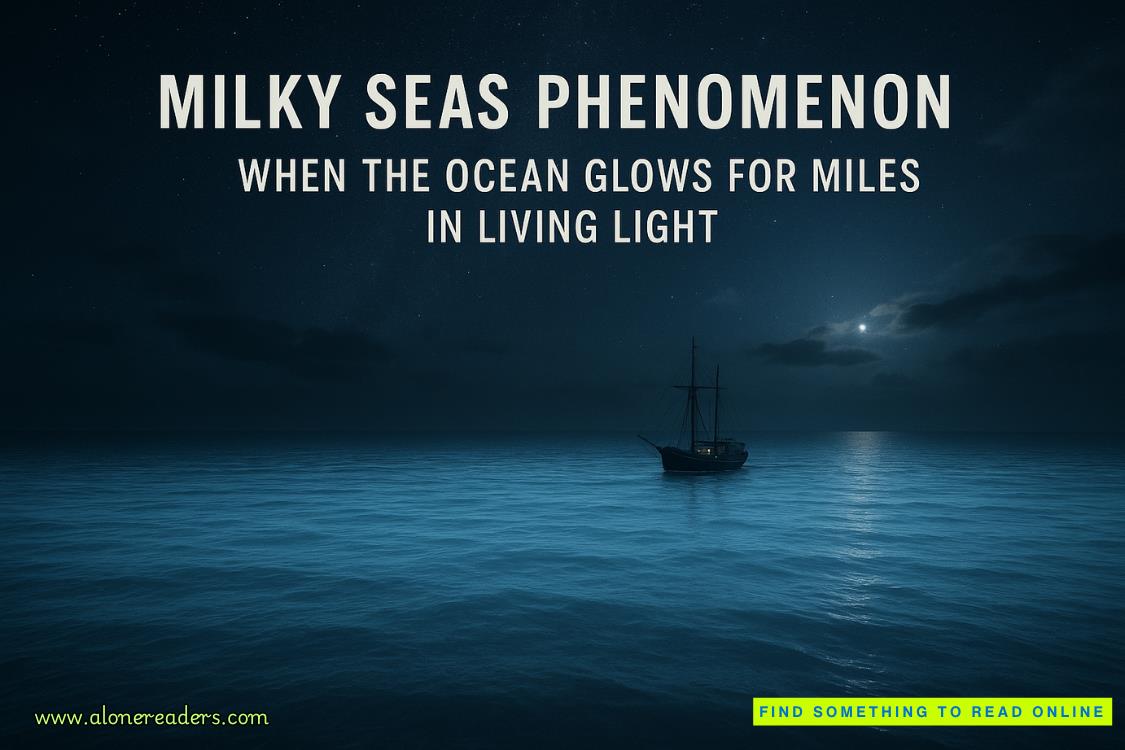"Take your time," Dmitry said, his hand warm on my lower back. "I'll follow."
I dove into the stacks like coming home. Fiction first, my fingers trailing along familiar spines—Austen and Brontë, Morrison and García Márquez. Old friends I'd read in libraries, borrowed and returned, never owned. The Strand had everything from battered paperbacks to pristine first editions, democracy through literature, and I touched them all with the same reverence.
Dmitry followed with Bear, never rushing, never checking his phone. He watched me like I was more interesting than any book, his dark eyes tracking my movements as I stretched to reach higher shelves. When I couldn't quite grasp a beautiful hardcover of collected Emily Dickinson, he pressed against my back to get it for me, his chest solid against my shoulders, his cologne mixing with the book smell in a way that made me dizzy.
"This one?" he asked, his breath warm against my ear.
I nodded, not trusting my voice, taking the book with hands that shook slightly. The casual intimacy of it—his body against mine in public, helpful and protective without being possessive—scrambled my brain in the best way.
I kept picking up books and setting them back down, mental math calculating what I could ask for without seeming greedy. Apaperback of "The God of Small Things" that I'd been meaning to reread. A collection of Mary Oliver poetry with a cracked spine. A pristine copy of "Their Eyes Were Watching God" that made my fingers itch.
By the time we'd covered two floors, I had seven books clutched against my chest like armor. Too many. Way too many. I started putting them back, keeping just the three cheapest, but Dmitry's hand covered mine as I reached to reshelf the Dickinson.
"All of them," he said simply.
"But—"
"All of them, Eva." He took the books from my arms, adding the ones I'd tried to put back, and headed for the register without waiting for my protest.
I stood frozen in Russian Literature, watching him chat with the cashier while Bear sat perfectly at his feet. The stack of books grew as they were rung up—my books, that I would own, that would live on shelves instead of in libraries. The cashier put them in a red Strand tote bag, the famous one that every literary person in New York carried like a badge of honor.
When Dmitry handed me the bag, the weight of it made my eyes burn with sudden tears. Not just the physical weight of seven books, though that was substantial. The weight of ownership, of choice, of being given something simply because I wanted it.
"Thank you," I whispered, clutching the bag against my chest.
He kissed my forehead, right there in the middle of The Strand, surrounded by tourists and NYU students and literary New York. "You never have to put books back again," he said against my skin. "Never, baby. You want eighteen miles of books? I'll buy you eighteenthousandmiles of books."
Walking out onto Broadway with my Strand tote and my man and my dog, I felt rich in a way that had nothing to do withmoney and everything to do with the casual abundance of being loved. The books knocked against my hip with each step, solid and real and mine, and I couldn't stop smiling even though my cheeks hurt from the unfamiliar expression.
This was what normal people did. They went to bookstores with their boyfriends, bought too many books, walked their dogs on sunny afternoons. They held hands on city sidewalks and didn't constantly check for exits or weapons or danger. They just existed, happy and safe and whole.
I laced my fingers through Dmitry's again, squeezing tight, and he squeezed back like he understood everything I couldn't say. Bear trotted ahead to investigate a particularly interesting trash can, and we let him, in no rush to get anywhere, just three souls enjoying a perfect New York afternoon.
ThesubwayplatformatUnion Square vibrated with Saturday energy—families with strollers, tourists with maps, teenagers with attitudes that reminded me of my own not so long ago. Dmitry positioned himself between me and the crowd without seeming to, his body a wall against the press of strangers. When the 4 train pulled up, he guided me into the car with a hand on my lower back, finding space by the door where we could stand together.
Bear tucked himself between our feet, pressed against our legs like he'd been riding the subway his whole life. A little girl across from us pointed at him with sticky fingers, and her mother whispered that she could look but not pet without asking. The normalcy of it—being the kind of people others saw as safe, as a couple with a dog on a Saturday adventure—made my throat tight.
Dmitry's arm came around me as the train lurched into motion, pulling me against his chest. I could feel other passengers looking at us, and for the first time in my life, I didn't care. Let them look. Let them see this man who bought me books and held me on trains and made me feel like I deserved beautiful things.
"Next stop, Borough Hall," the conductor announced, voice barely audible over the train noise.
"Two more," Dmitry said into my hair. "You hungry?"
"Starving," I admitted.
The crowd thinned as we moved deeper into Brooklyn, and by the time we emerged at Prospect Park, the afternoon sun felt like a blessing after the underground darkness. Smorgasburg sprawled before us—dozens of white tents and food trucks, smoke from grills creating a haze that smelled like heaven. The sound hit next: vendors calling orders, oil sizzling, customers laughing over beers in the afternoon sun.
"Holy shit," I breathed, stopping at the entrance to take it all in.
"Wait until you see the options," Dmitry said, amused by my wonder.
He wasn't wrong. We walked the perimeter first, and my head spun trying to process it all. Korean BBQ sending up clouds of garlic-scented smoke. Lobster rolls piled high with meat that cost more than I used to spend on food in a week. Artisanal donuts with flavors like hibiscus and tahini. Venezuelan arepas. Japanese okonomiyaki. Things I couldn't even identify but that smelled incredible.
"Pick anything," Dmitry said, Bear pulling toward a stand selling something that involved bacon. "Whatever you want."
But that was the problem. I'd never had whatever I wanted. Food had always been about survival—whatever was cheapest, whatever would fill my stomach longest, whatever I could stealwithout getting caught. The abundance paralyzed me, too many choices when I'd lived with none.
"I don't—" I started, then stopped, embarrassed by my inability to do something as simple as choose lunch.















